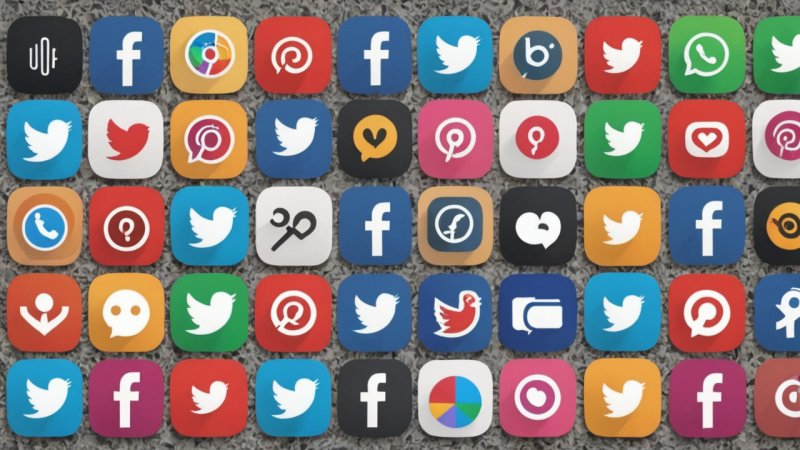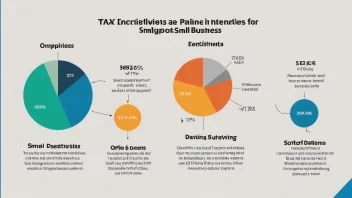What is the relationship between social media usage and mental health?
The relationship between social media usage and mental health is complex and multifaceted. Research indicates that while social media can foster connections and support, excessive use may contribute to feelings of anxiety, depression, and isolation. The impact varies based on individual circumstances, usage patterns, and the nature of interactions on these platforms.
How does social media affect mental health?
Social media can affect mental health in various ways. Positive effects include increased social support and community engagement, while negative effects may involve cyberbullying, social comparison, and addiction. Studies suggest that the way people use social media, rather than the amount of time spent on it, plays a crucial role in determining its impact on mental well-being.
What are the signs of social media addiction?
Signs of social media addiction can include:
- Spending excessive time on social media platforms
- Neglecting real-life relationships and responsibilities
- Feeling anxious or upset when unable to access social media
- Using social media to escape from real-life problems
- Experiencing a decline in productivity or academic performance
Are there any positive effects of social media on mental health?
Yes, there are several positive effects of social media on mental health, including:
- Community Building: Social media can help individuals find and connect with communities that share similar interests or experiences, providing a sense of belonging.
- Access to Information: Users can access mental health resources, support groups, and educational content that can improve their understanding of mental health issues.
- Support Networks: Social media can facilitate emotional support from friends, family, and online communities, which can be especially beneficial during tough times.
What age group is most affected by social media's impact on mental health?
Research indicates that adolescents and young adults are particularly vulnerable to the effects of social media on mental health. This age group is often more engaged with social media, and they may be more susceptible to issues such as cyberbullying, peer pressure, and social comparison.
How can individuals manage their social media use for better mental health?
To manage social media use effectively, individuals can consider the following strategies:
- Set time limits on social media usage to avoid excessive scrolling.
- Engage with positive and supportive content while unfollowing accounts that induce negativity.
- Take regular breaks from social media to reconnect with real-life activities and relationships.
- Reflect on how social media makes you feel and adjust usage accordingly.
- Seek professional help if social media usage is significantly impacting mental health.
What should parents know about their children's social media use?
Parents should be aware of the potential risks and benefits of social media for their children. Open communication about online experiences, monitoring usage, and discussing the importance of privacy and respect can help mitigate negative impacts. Encouraging healthy online habits and being aware of signs of distress can empower parents to support their children effectively.
What does research say about the long-term effects of social media on mental health?
Long-term research is still emerging, but preliminary studies indicate that prolonged exposure to negative social media interactions may lead to chronic feelings of anxiety and depression. Conversely, positive interactions can foster resilience and coping skills. Continuous research is essential to fully understand these dynamics.
In conclusion, the relationship between social media usage and mental health is intricate, with both positive and negative effects. Awareness and mindful usage can help individuals harness the benefits while minimizing the risks associated with social media. As research continues to evolve, it is crucial for users, parents, and mental health professionals to stay informed and proactive.






